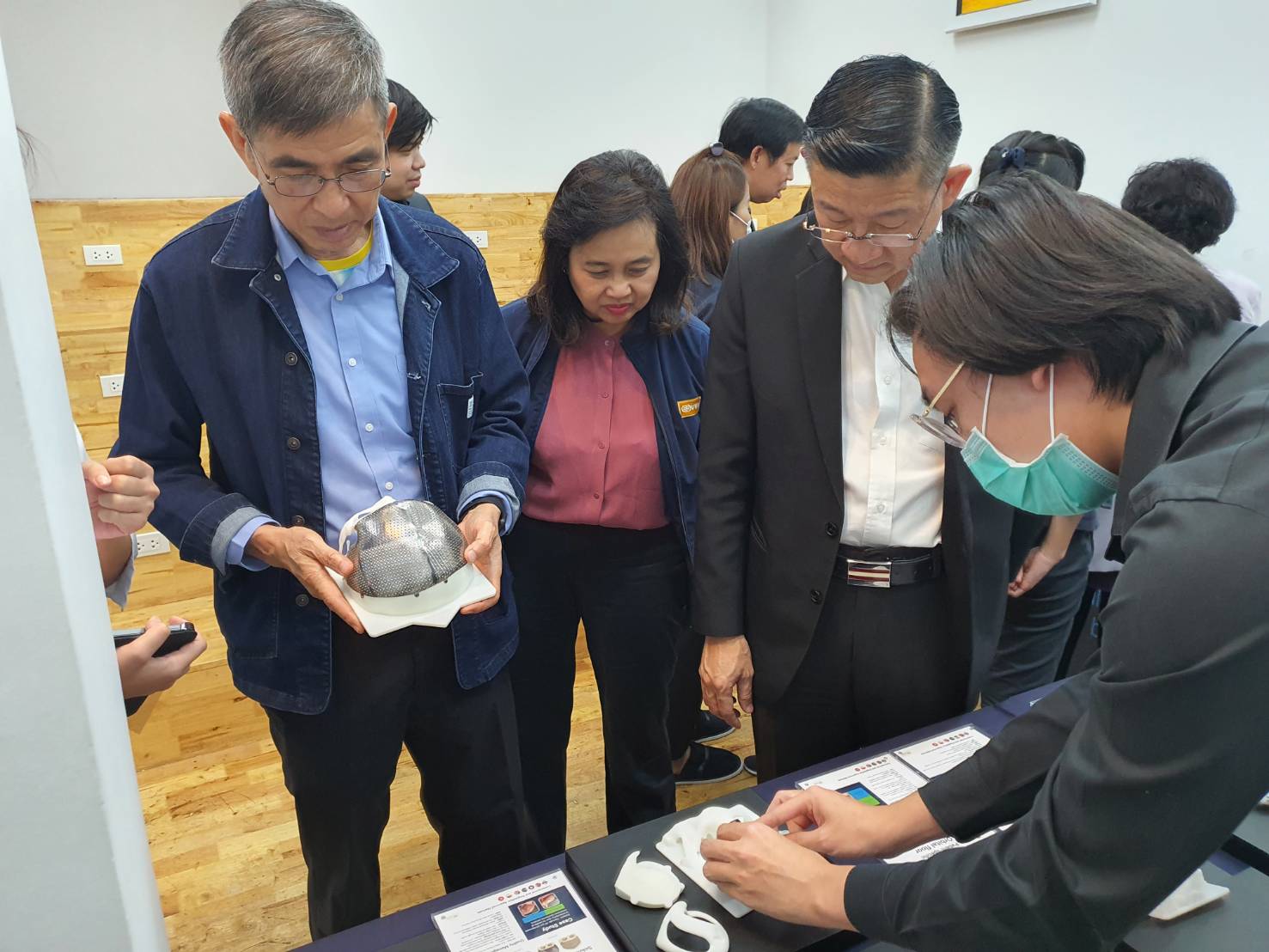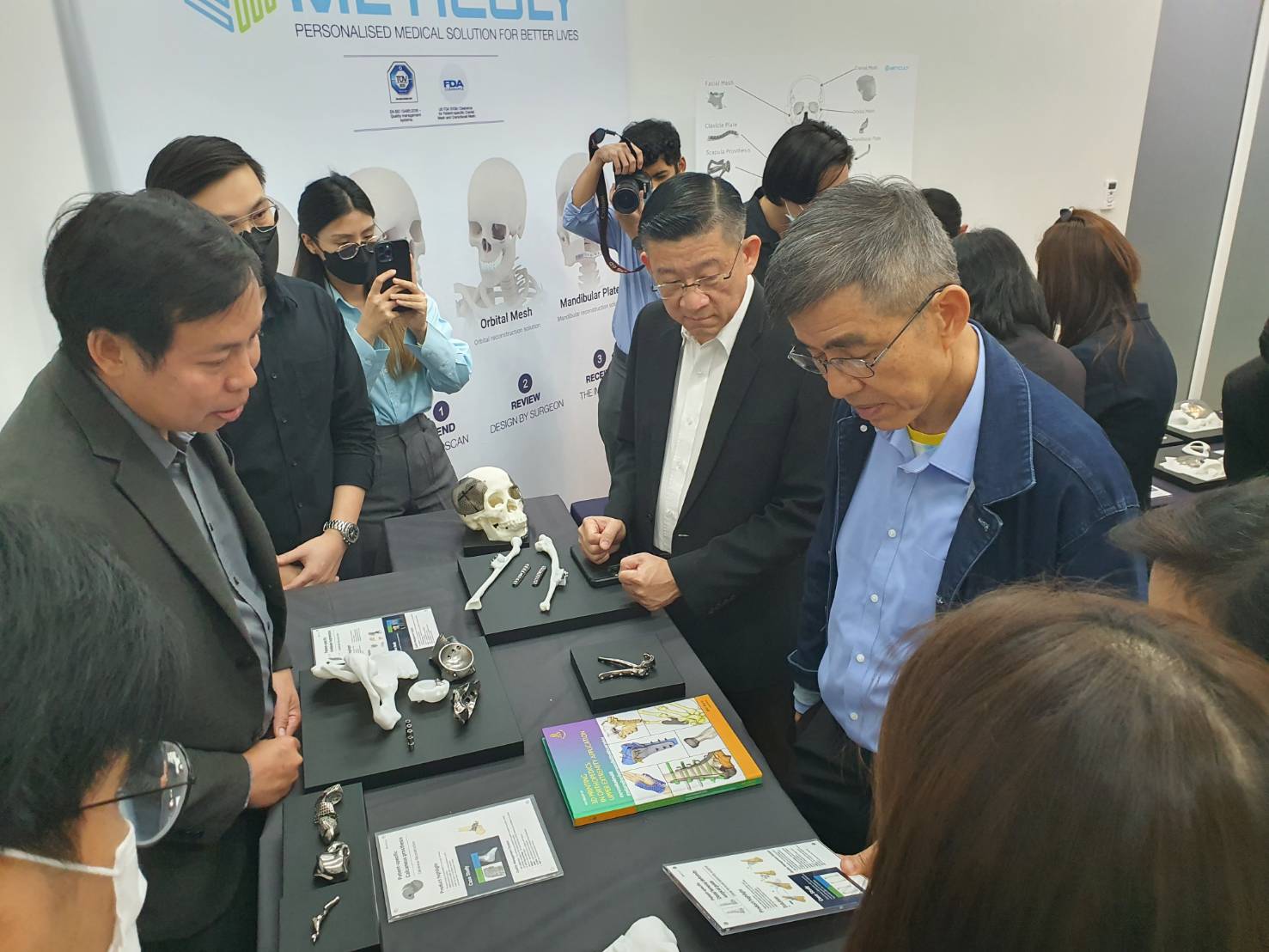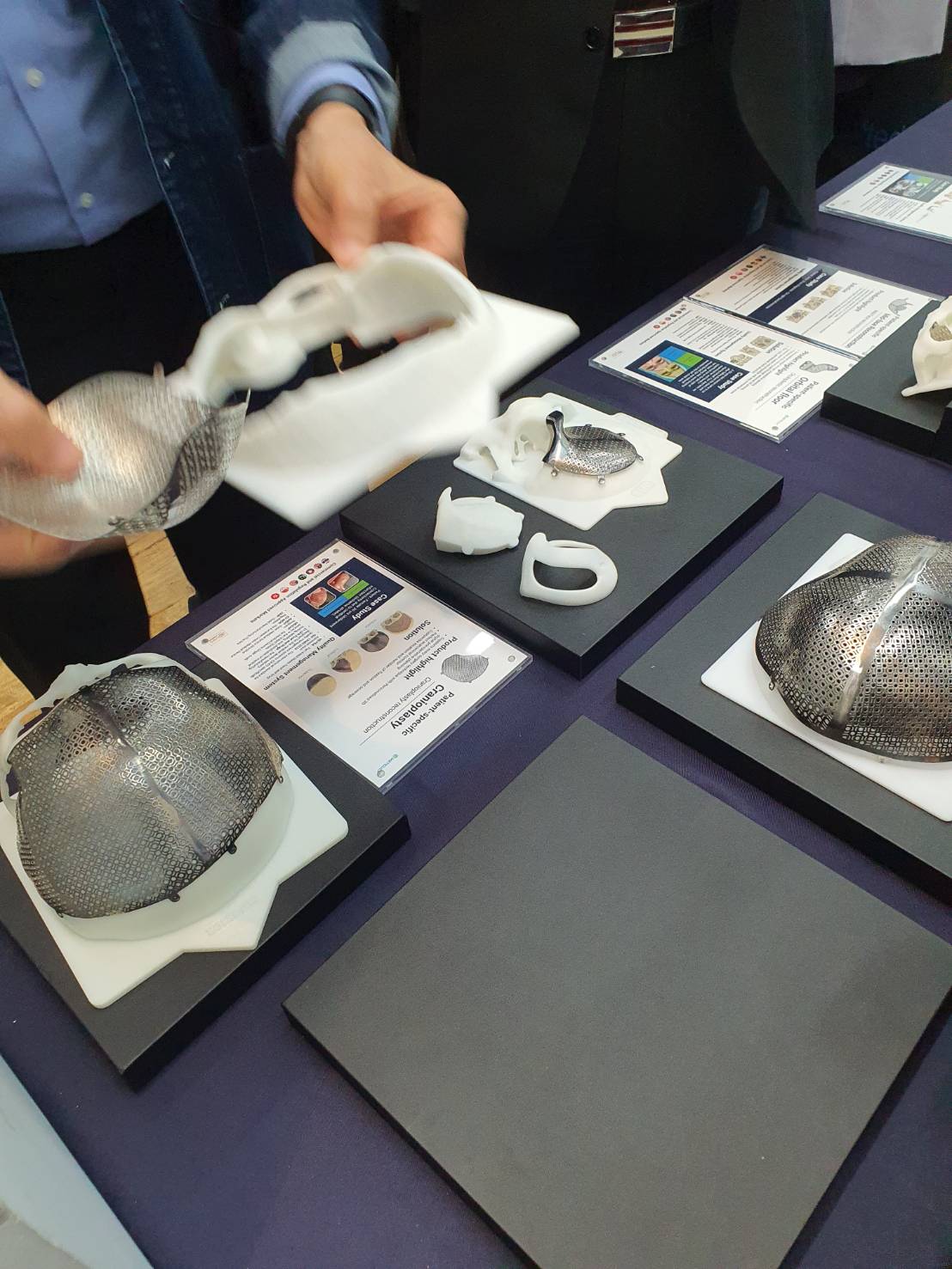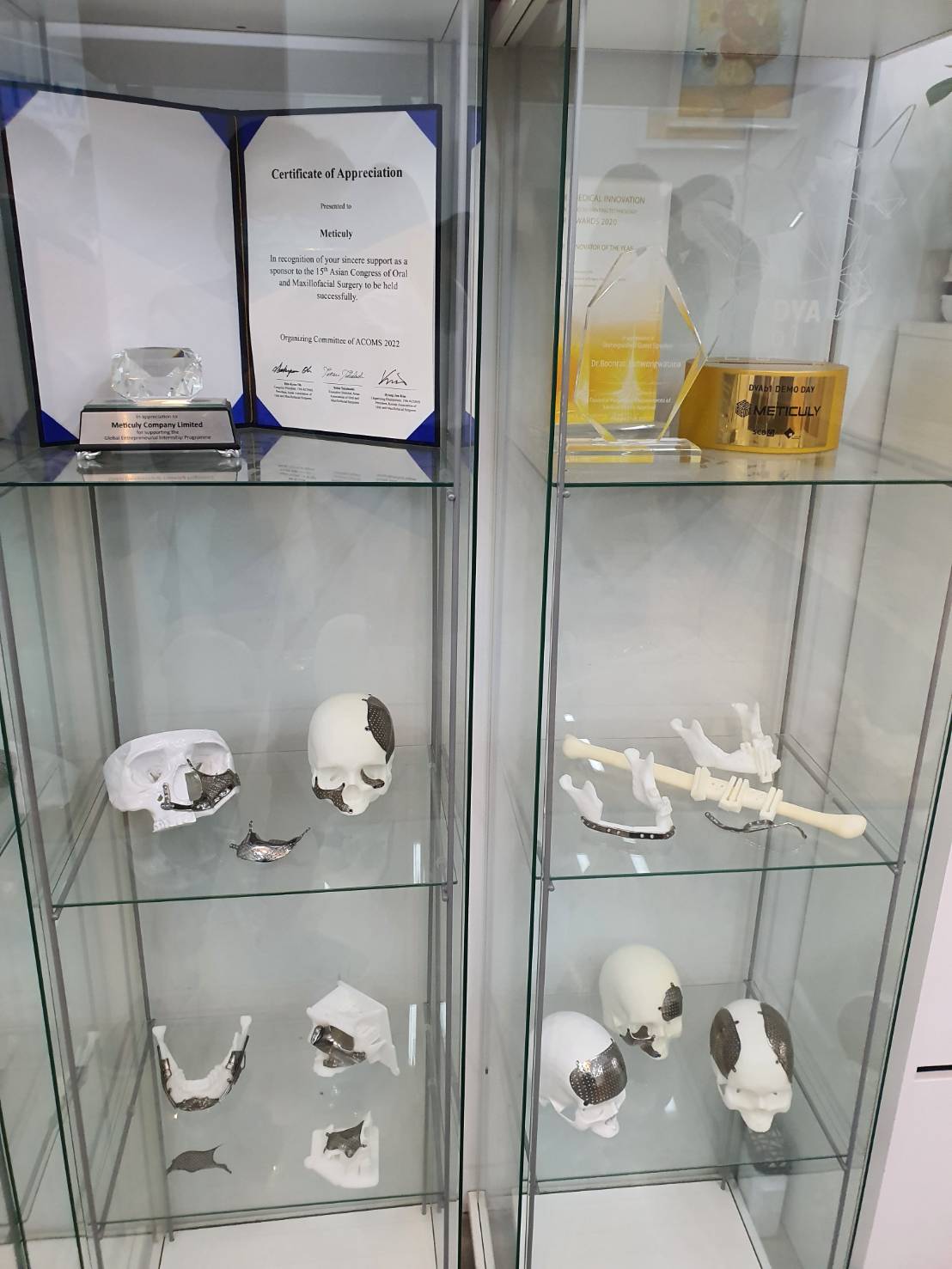
- Home
- DescriptionNews
3D-printing titanium plate for skull surgery included in UCS

3D-printing titanium plate for skull surgery included in UCS
The National Health Security Office Board (NHSB) approved the introduction of 3D-printing titanium plates used for brain surgery in the Universal Coverage Scheme (UCS).
The approval follows the board meeting on 4 September, which discussed the overall health benefits and the operation of the UCS overseen by the NHSO.
Dr Athaporn Limpanyalers, the Deputy Secretary-General of NHSO, explained that the UCS had previously covered plates and screws used for cranioplastic implants.
The plate is made of polymethylmethacrylate and has limitations as the material takes one hour to harden and is unable to form variations in shape.
Applying 3D printing titanium plates can make the implants come across these limitations, he said.
Recently, a Thai company has successfully developed titanium plates using 3D printing technology and registered them in the government’s Thai innovation list.
Its products received approval from the United States Food and Drug Administration and are in the process of entering the US market.

The NHSO has a policy to prioritize the procurement of products from Thai innovators, leading its board to include Thai-made 3D-printing titanium plates in the UCS health benefits package.
As a result of the NHSB approval, four types of plates used in skull surgery are now available for UCS beneficiaries. They are:
- Plates and screws for cranioplastic implant at 12,000 baht per set. These devices are the scheme’s existing benefit.
- Personalized 3D-printing polymethylmethacrylate plate used for cranial implants at 25,000 baht per set.
- Personalized 3D-printing titanium plate (indirect printing) used for cranial implants at 27,000 baht per set.
- Personalized 3D-printing titanium plate (direct printing) used for cranial implants at 48,000 Baht.

It is estimated that approximately 1,066 patients will require cranial implants each year.
Dr Athaporn emphasized that the NHSO would need to adjust the budget to accommodate the increased expenditure from purchasing titanium plates for patients.
The NHSO will also closely monitor and evaluate the outcomes of introducing the plates into the UCS to ensure its cost-effectiveness.
In addition, the board meeting discussed the necessity of analyzing the data on road accidents and patients requiring brain surgery within specific geographic regions.

This data will help identify areas with a high incidence of such cases and facilitate the development of health promotion and disease prevention programs.
Encouraging the use of protective helmets and adherence to traffic regulations is a key measure in reducing the number of road accidents, ultimately contributing to a decrease in the number of patients requiring brain surgery in the future.
/////////////////////

